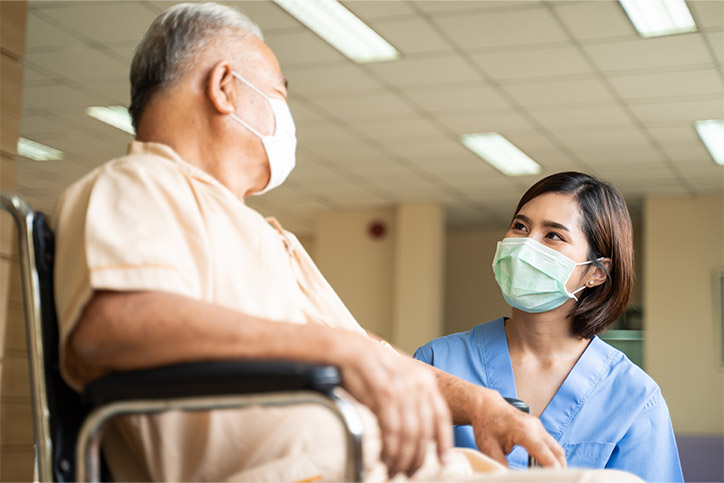
For patients, a blood draw can be more than just a routine medical procedure. The fear associated with anticipated pain can overshadow the medical necessity, leaving patients feeling anxious and dreading future appointments. This can lead to needle phobia and even avoidance of essential care in the future.










